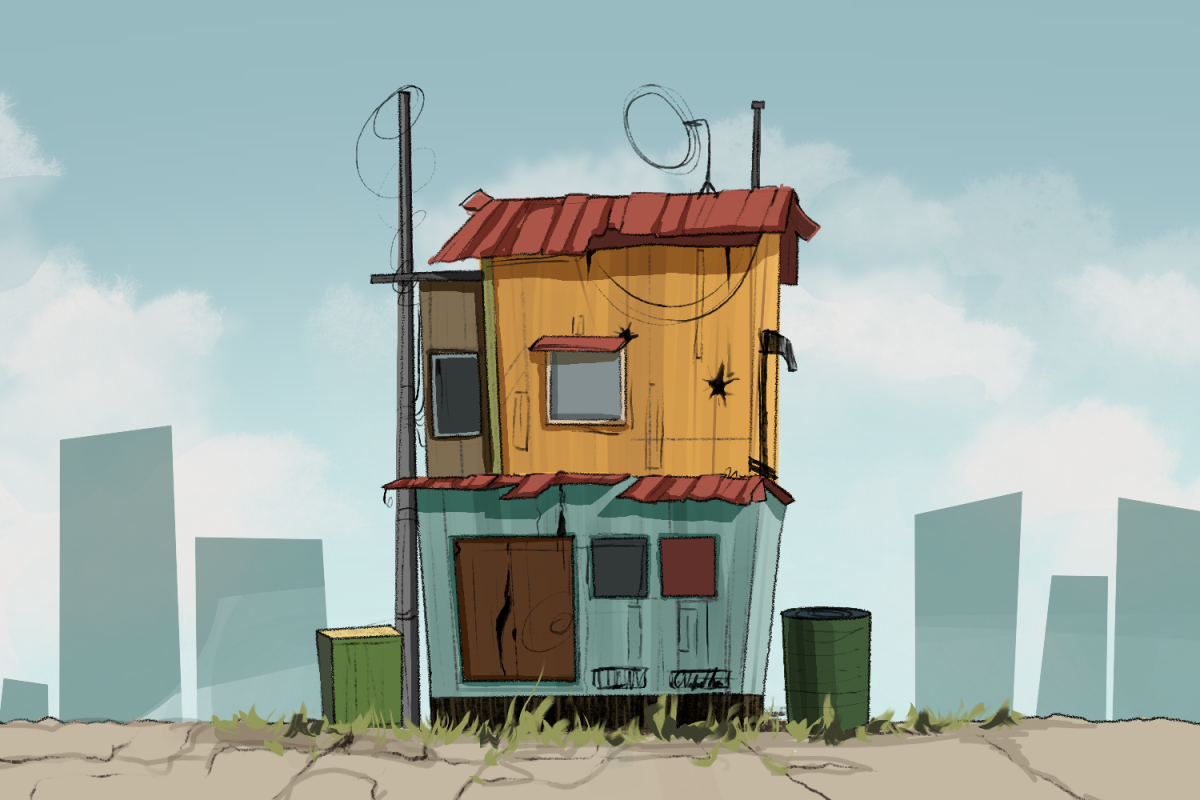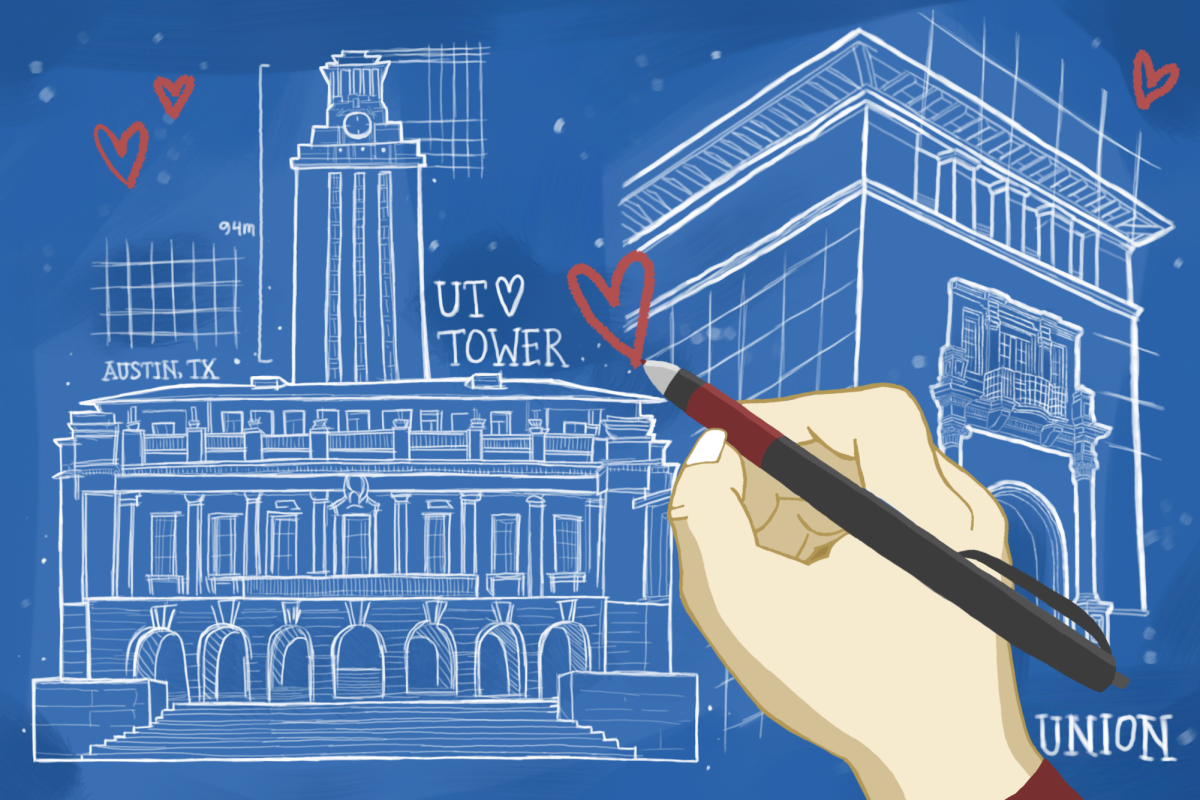COVID-19, like the 2008 Great Recession, will likely constrain all graduating Longhorns’ job prospects for years to come. There is precedent for this concern: Graduates who entered the job market following 2008 were still struggling to catch up 10 years later.
However, majors in “less quantitative subjects” such as English, communications, ethnic studies, art history and anthropology are especially vulnerable to underemployment in the wake of recessions.
In order for College of Liberal Arts students to prepare for an increasingly uncertain postgraduate economic landscape, we need access to a more robust platform of career preparatory services that engage us in career planning from our very first semester as Longhorns.
Tatem Oldham, director of Liberal Arts Career Services, said the Liberal Arts Career Services is working to adapt to the changing needs of students.
“We've started a new Senior Series designed to help seniors find jobs during the recession,” Oldham said. “The series includes topics such as job searching during a recession, targeting industries that are still hiring, standing out amongst the competition and acing your video interview.”
Oldham said 600 students have registered for these sessions.
While these efforts will help to mitigate some of graduating students’ immediate COVID-related job search challenges, they are only a start and do not go far enough.
Here are three ways COLA could help:
First, COLA should begin career planning sooner. UT’s Cockrell School of Engineering encourages students to begin envisioning life beyond the Forty Acres from their first semester of enrollment by requiring students to participate in the Fall Engineering Expo.
As a COLA sophomore, I have never thought about attending a career or internship fair. This is partly due to my uncertainty around whether these events will have options that align with my humanities-oriented interests.
Also, to be honest, no one is making me.
Admittedly, it’s this lack of foresight that likely contributes to many graduating COLA students’ difficulty answering the question, “What kind of job are you expecting to get as an (anthropology) major?”
For COLA students, earlier engagement with career services would give them the chance to approach career planning as a long term project versus a stress-inducing senior job scramble.
Second, “career advising” should be mandatory. COLA should partner with Liberal Arts Career Services to embed career services more substantively into academic departments. If students had access to designated career advisors in the same way we do academic advisors, our career path options as humanities students might become clearer to us sooner.
We need to start talking about “what we want to be when we grow up” while we still have room to change our minds and reshape our runway through alternative course selection, networking and resume reconfiguring.
Third, experiential learning opportunities are critical. Since internships are both resume boosters and often an opening to future employment, the completion of internships should be a more standard degree plan component for all COLA majors.
Maybe that internship will demonstrate that our original career choice is not what we’d envisioned for ourselves. I’m guessing that figuring that out sooner rather than later is preferable.
While there is an emerging consensus that a liberal arts degree holds meaningful value, navigating the post-grad job search landscape for humanities students is more unpredictable today than it’s ever been.
Comprehensive integration of career services within COLA is more essential now than ever.
Strelitz-Block is a Plan II and anthropology sophomore from Austin, Texas.





















